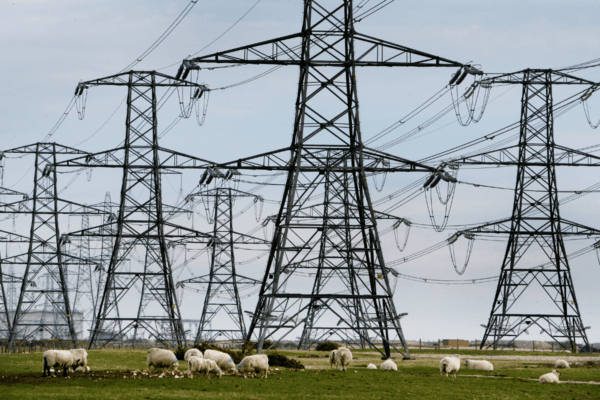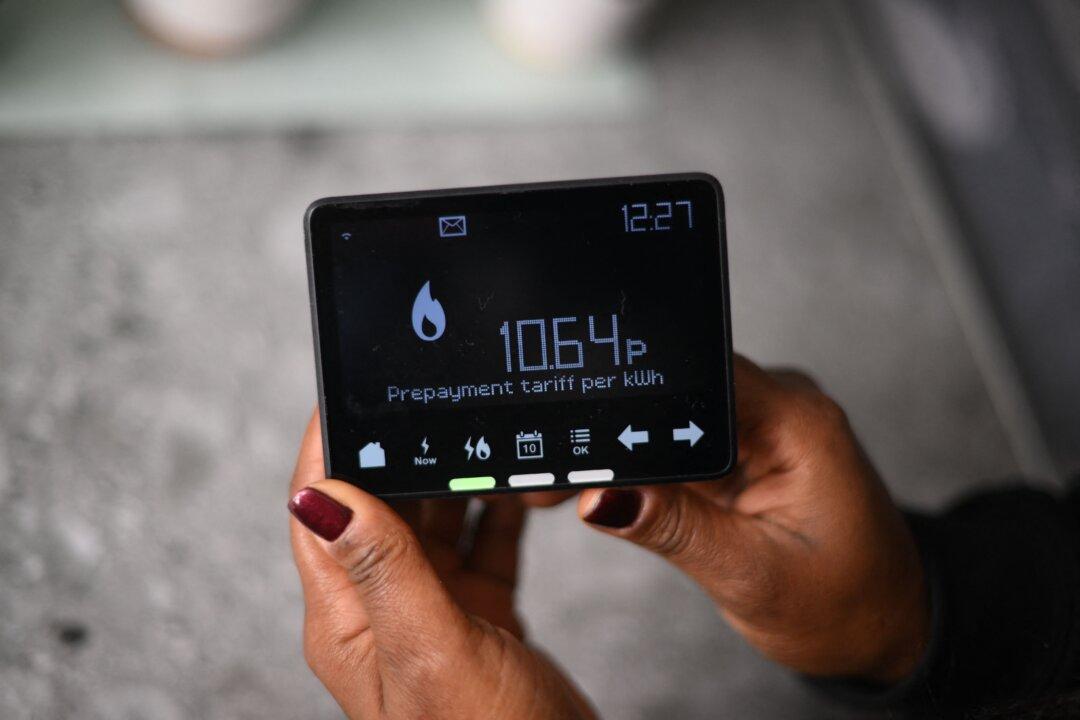The UK’s energy regulator is exploring measures to “enhance flexibility” in energy usage owing to the growing reliance on intermittent renewable energy sources like wind and solar power.
This shift is seen as essential as the demand for electricity is expected to rise by 50 percent by 2035, driven by the increasing use of electric vehicles (EVs) and heat pumps.
On Monday Ofgem claimed that flexible domestic energy consumption means that consumers will be able to take advantage of a lower tariff to charge their EV battery when wind is generating an abundance of electricity.
Grid
The traditional energy grid was designed for predictable supply and demand, relying on large, centralised fossil-fuel-fired power plants.In contrast, renewable energy sources like wind and solar are intermittent, meaning their energy production can vary significantly.
The existing grid is not yet fully equipped to handle these fluctuations and requires millions of new and upgraded electricity network connections in order to fully decarbonise by 2035.
Flexible power is seen as an “essential component of managing to meet increased demand while managing less predictable supplies from renewable generation.”
Ofgem Director Eleanor Warburton said in a statement, “To successfully operate the developing low-carbon energy system of the future we need more flexible tools to make the best use of our intermittent wind and solar potential along with network and consumer assets to meet demand.”
She added: “We are already starting to see real acceleration in small-scale flexible energy use as consumers increasingly access cheaper energy through more flexible consumption.”
Ofgem is also looking at Demand Side Response (DSR), which is when domestic consumers adjust their consumption in response to the needs of the energy system.
It said that automated DSR could involve consumers using smart devices such as EV charge points and heat pumps with default off-peak time settings.
“When wind is generating lots of electricity, consumers could take advantage of flexibility by charging an Electric Vehicle (EV) on lower time of use tariff prices,” it said in a statement.

Price Control
Andy Mayer, energy analyst at the Institute of Economic Affairs think tank, told The Epoch Times by email that the change is more about “consolidating and simplifying the existing system to enable more transparent and efficient decentralisation of demand-side response measures.”“Temporal price-discrimination is better than average charging, which is a form of price control whether from the supplier or the state,” said Mr. Meyer.
“Provided there are smart systems in place that allow people to cap their own payments or encourage cheaper use at different times it should improve the efficiency of the grid and reduce bills,” he added.
But he warned of “unintended consequences.”
“For example allowing heating and lighting but not the tumble drier during peak periods if you have a cap. Without that you might find yourself shivering in the dark in winter because you turned the shower on. There will be a market for helping people with their settings,” he said.
“The political risk comes when early adopters are all on smart systems and everyone else isn’t, which means the better off having lower bills. But this is a trade-off. If we don’t allow smart pricing, we encourage inefficient use, and disincentivise investment in the kit that helps,” he added.





